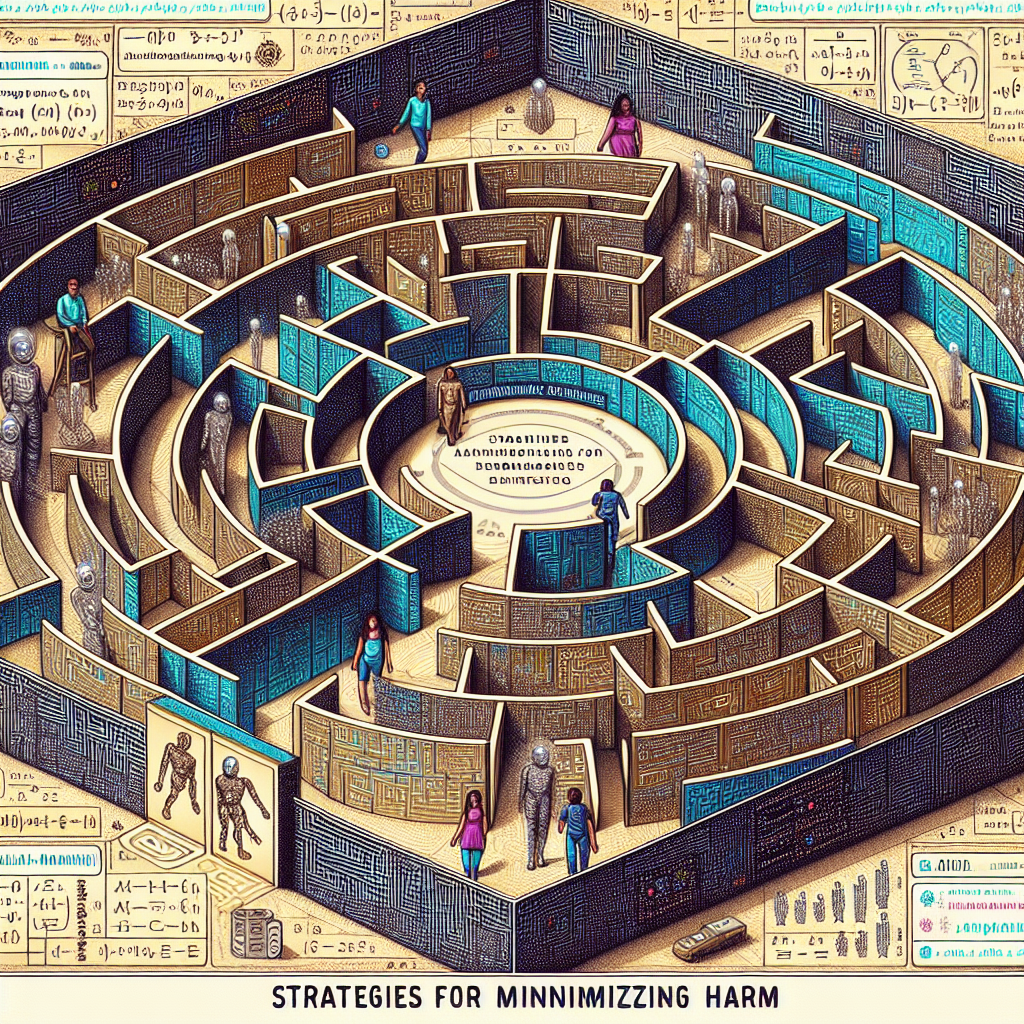As artificial intelligence (AI) continues to play a growing role in our daily lives, concerns about bias in AI systems have become increasingly prominent. AI bias refers to the systematic error in the outcomes produced by AI algorithms, which can result in discrimination against certain groups or individuals. Navigating the complex landscape of AI bias requires a comprehensive understanding of the factors that contribute to bias, as well as effective strategies for minimizing its harmful effects.
Factors Contributing to AI Bias
AI bias can stem from various sources, including:
- Data Bias: AI algorithms are trained on large datasets that may contain biased or incomplete information, leading to biased outcomes.
- Algorithmic Bias: The design and implementation of AI algorithms can introduce bias, such as prioritizing certain features or groups over others.
- Usage Bias: The context in which AI systems are used can also contribute to bias, such as biased decision-making processes or feedback loops.
Strategies for Minimizing AI Bias
Addressing AI bias requires a multi-faceted approach that includes:
- Diverse Representation: Ensuring diverse representation in the design and development of AI systems can help identify and mitigate bias early on.
- Data Transparency: Providing transparency around the data used to train AI algorithms can help identify and address biased assumptions or patterns.
- Algorithmic Fairness: Implementing fairness measures in AI algorithms, such as fairness constraints or bias mitigation techniques, can help reduce bias in outcomes.
- Continuous Monitoring: Regularly monitoring AI systems for bias and evaluating their impact on different groups can help prevent harm and ensure accountability.
Conclusion
Navigating the complex landscape of AI bias requires a proactive and holistic approach that addresses the various sources of bias and incorporates strategies for minimizing harm. By prioritizing diversity, transparency, fairness, and accountability in the design and deployment of AI systems, we can help create more equitable and inclusive outcomes for all.
FAQs
Q: What is AI bias?
A: AI bias refers to the systematic error in the outcomes produced by AI algorithms, which can result in discrimination against certain groups or individuals.
Q: How can we minimize AI bias?
A: Strategies for minimizing AI bias include diverse representation, data transparency, algorithmic fairness, and continuous monitoring of AI systems.
Quotes
“Bias in AI systems is not a technical issue, it’s a social issue that requires a multi-disciplinary approach to address effectively.” – Dr. Jane Smith, AI Ethics Researcher


